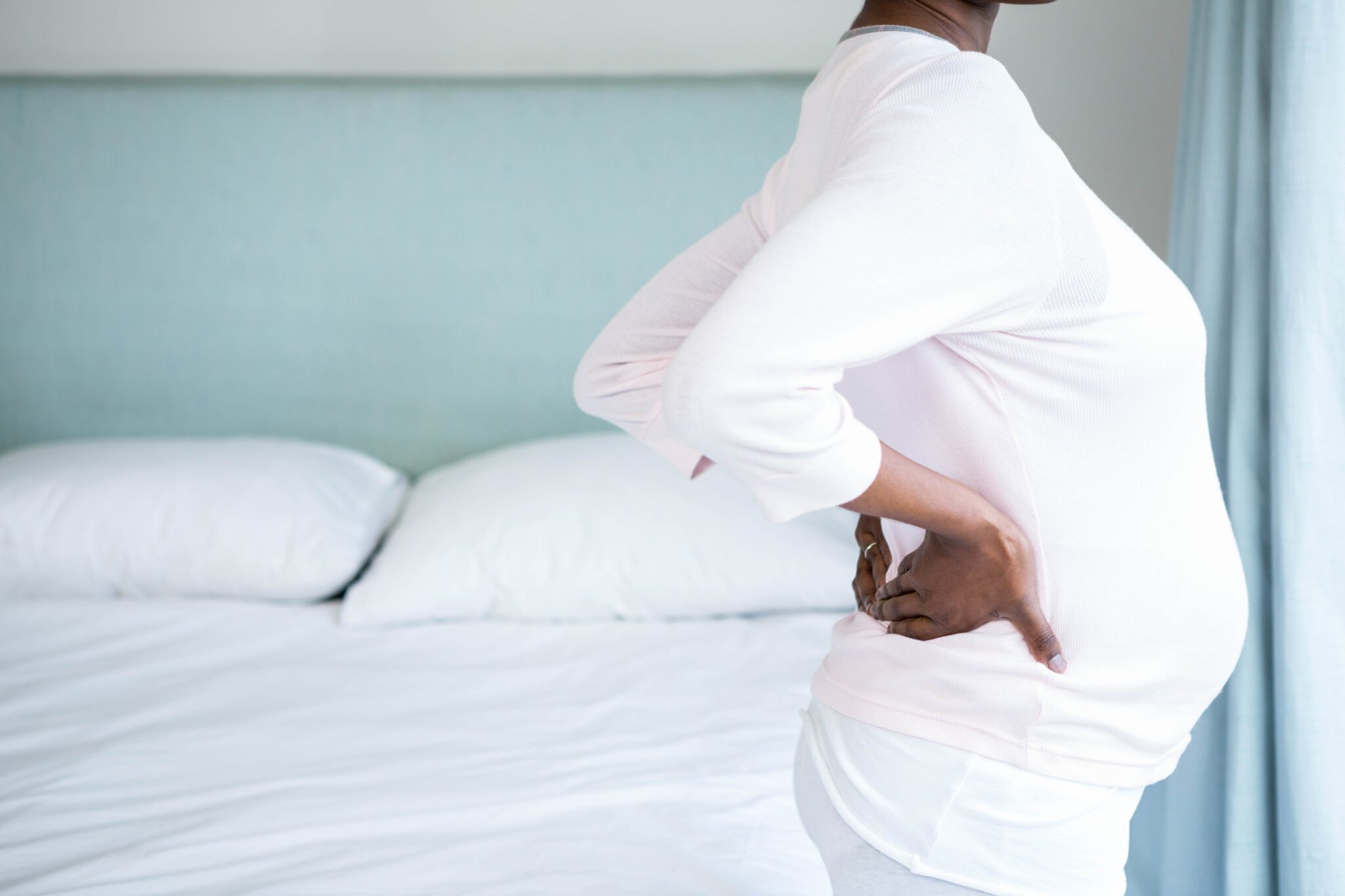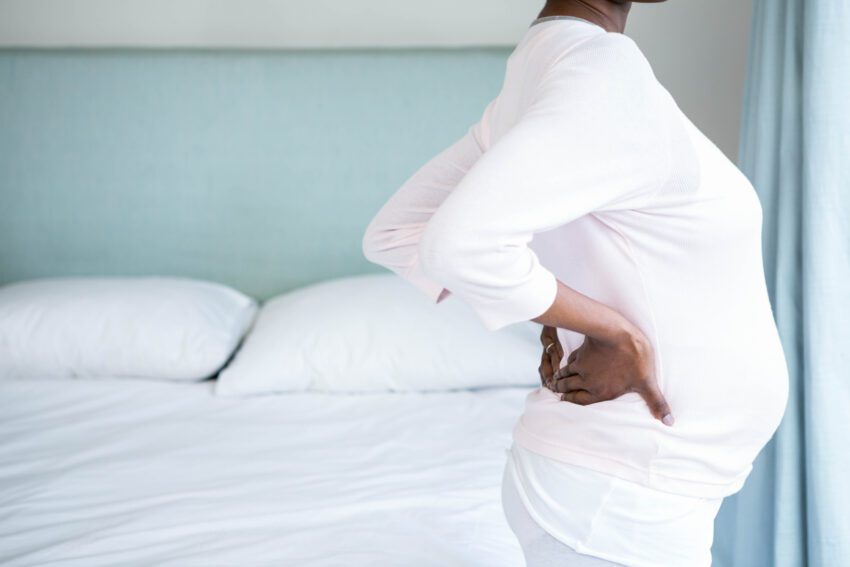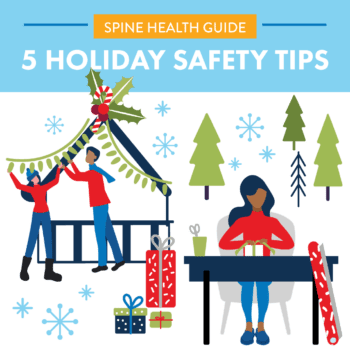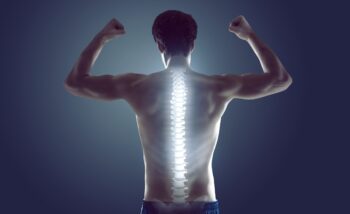
Did you know that 80% of women who have children will experience back pain during their pregnancy? For many expectant mothers the pain can be cumbersome, but doesn’t disrupt their day-to-day activities. Yet, a third of pregnant women will experience severe back pain. For these women normal activities can become almost unbearable, making it seemingly impossible to complete simple tasks such as household chores or taking care of another child.
Back pain during pregnancy typically should not be a cause for alarm, as a majority of women experience mild pain at one point or another. However, women should communicate with their doctor regarding treatments for pain and seek immediate medical assistance if they experience severe back pain or an abrupt onset of back pain at any point.
Thankfully, mothers-to-be don’t have to wait until their baby is born to address their back pain. Here are a few of the many options to help alleviate back pain:
- Exercise: Consistent light exercise for 20 to 30 minutes can help reduce back pain for expectant mothers. Prenatal yoga is a good low-impact exercise that can help expectant mothers move around, without overexerting themselves.
- Posture adjustments: Poor posture happens during pregnancy as hormones in the body cause ligaments and joints to loosen. To help correct poor posture during pregnancy women should straighten their upper back and keep their pelvis tilted forward to help maintain alignment.
- Alternative treatments: Consulting a physical therapist may help remedy back pain during and after pregnancy by helping new moms strengthen muscles and improve flexibility.
- Ice and Heat: Alternating between cold and hot compresses is another safe way to provide temporary relief to back pain during pregnancy.
While back pain is very common during pregnancy, many women experience postpartum back pain for several months after giving birth. Physical activities such as lifting, bending down, or carrying a baby can all result in back pain. To help minimize it, new moms should be mindful of how they lift, making sure they use their legs and not their back to pick up the baby, the stroller, or laundry. Women should also elevate their feet when holding their baby or when breastfeeding.
At the National Spine Health Foundation we want all patients to know that they do not have to live in pain. There are solutions to manage short-term and long-term back pain. If pain persists after pregnancy we are here to help mothers and support their need to get back to a healthy life.
If you are a mother who has experienced back or neck pain, the National Spine Health Foundation invites you to join our private support group and be encouraged by others on a similar journey toward healing. We also have resources available to help you learn more about prevention, diagnosis, treatment, and most importantly recovery!



